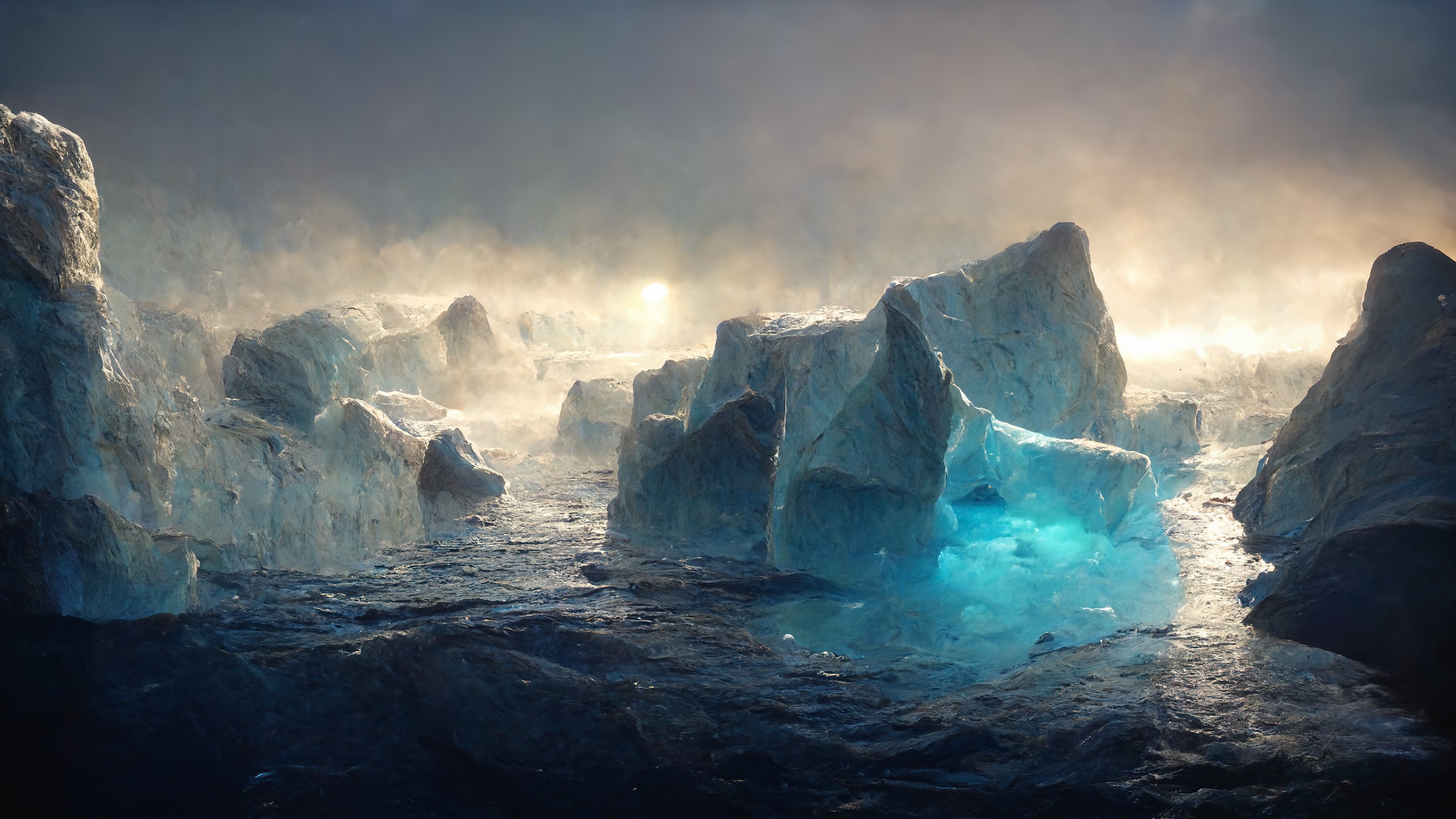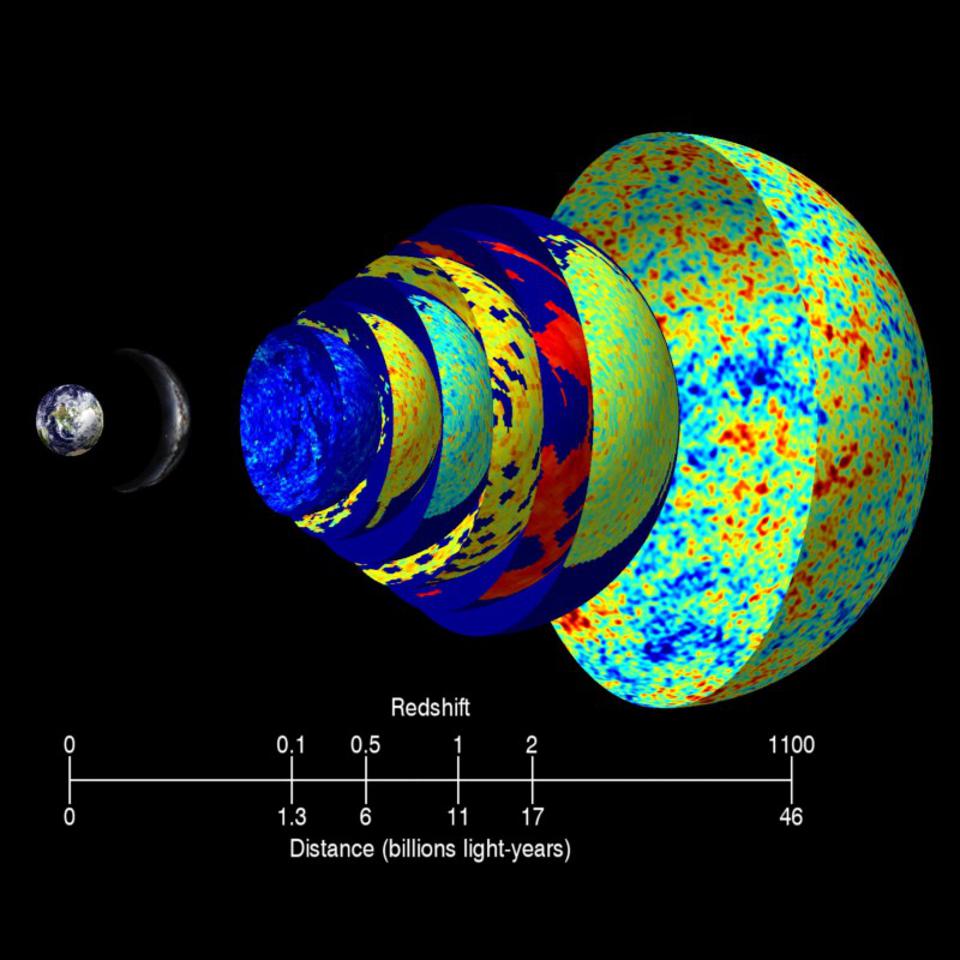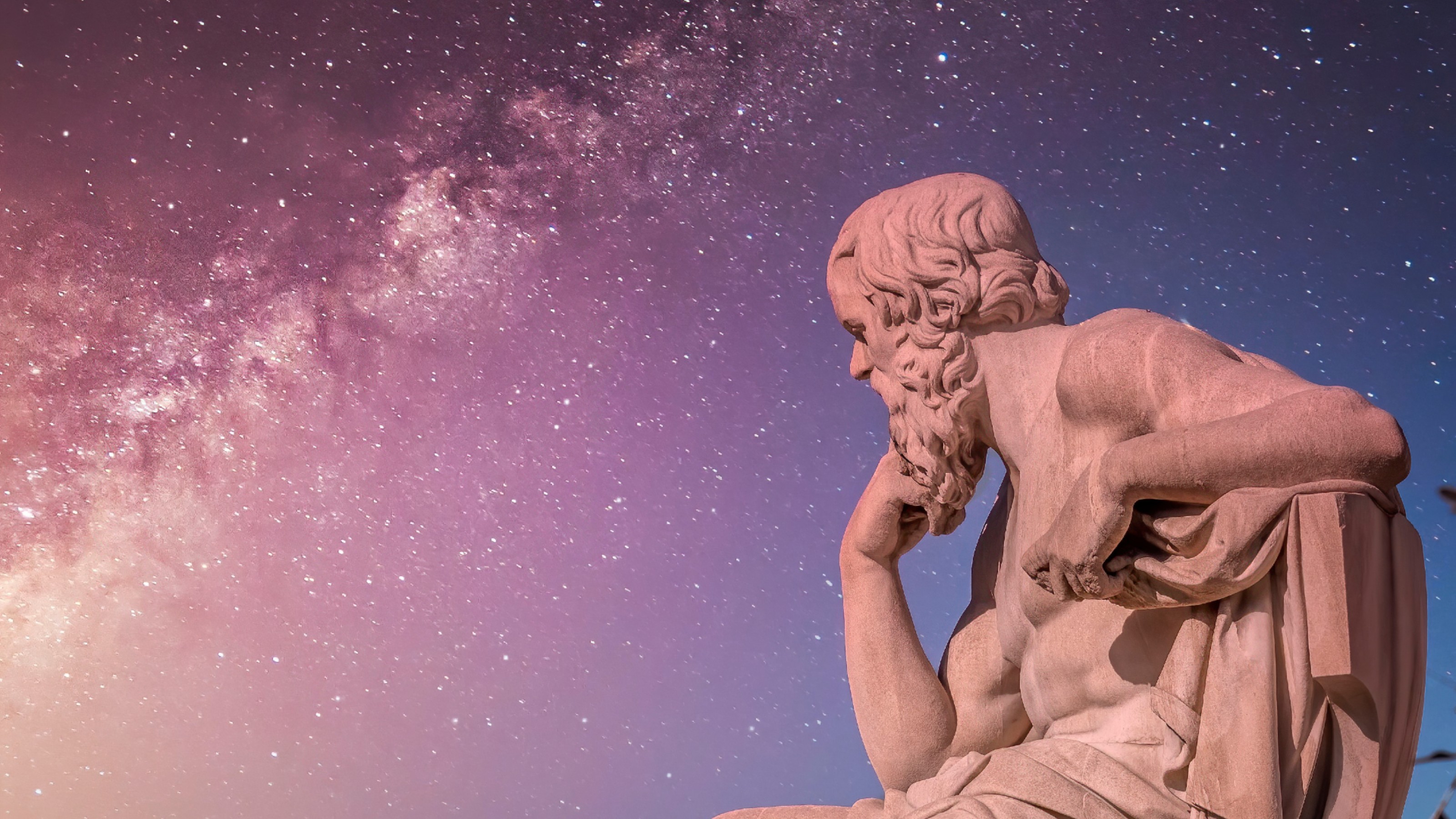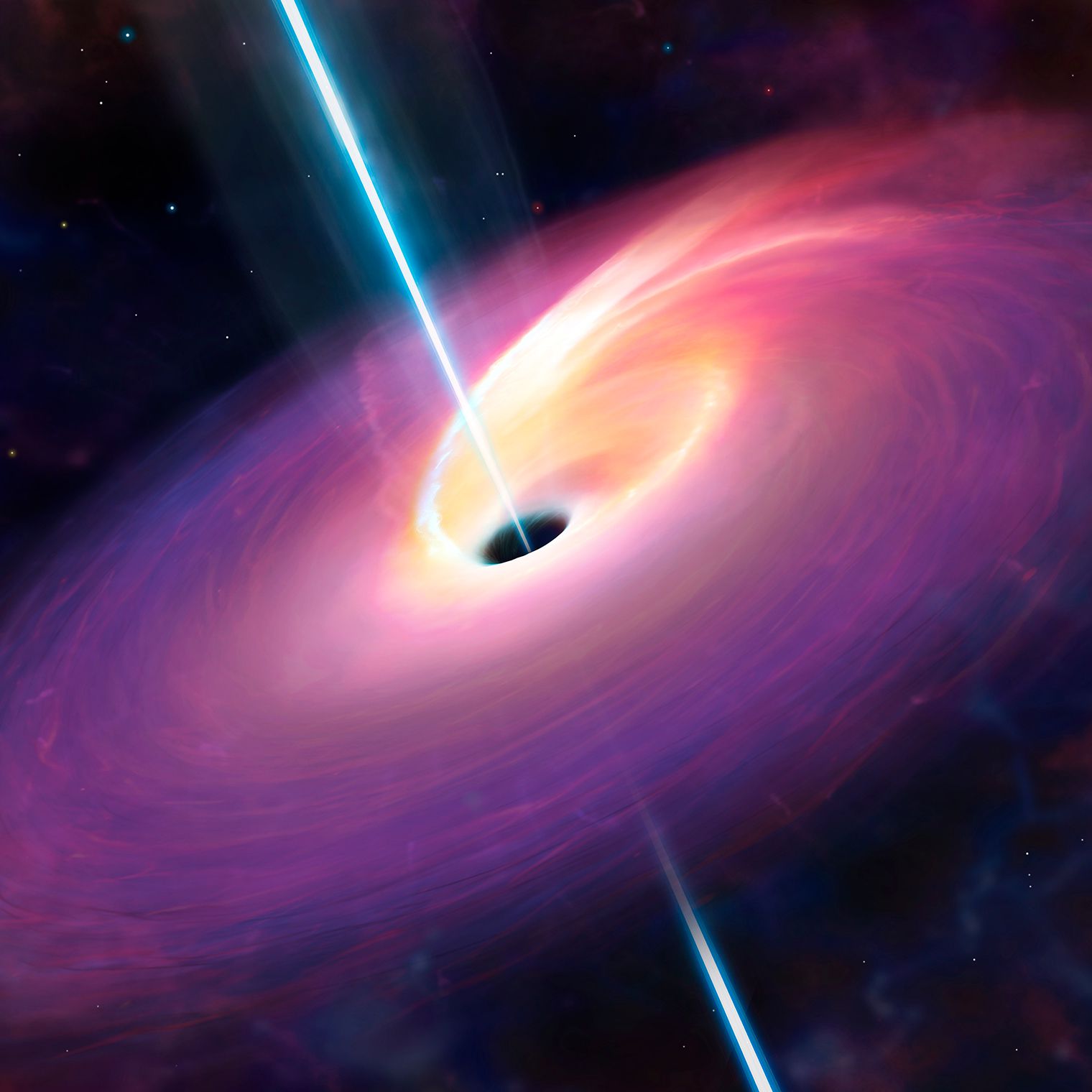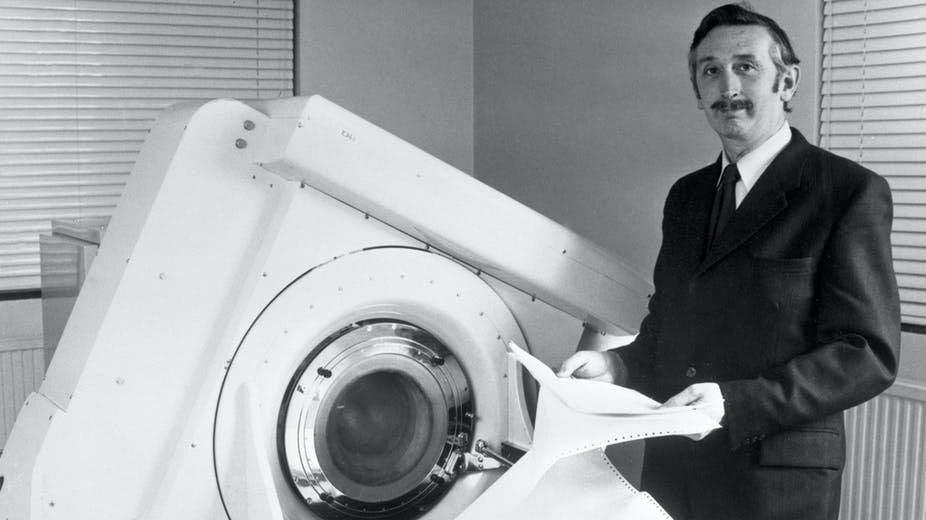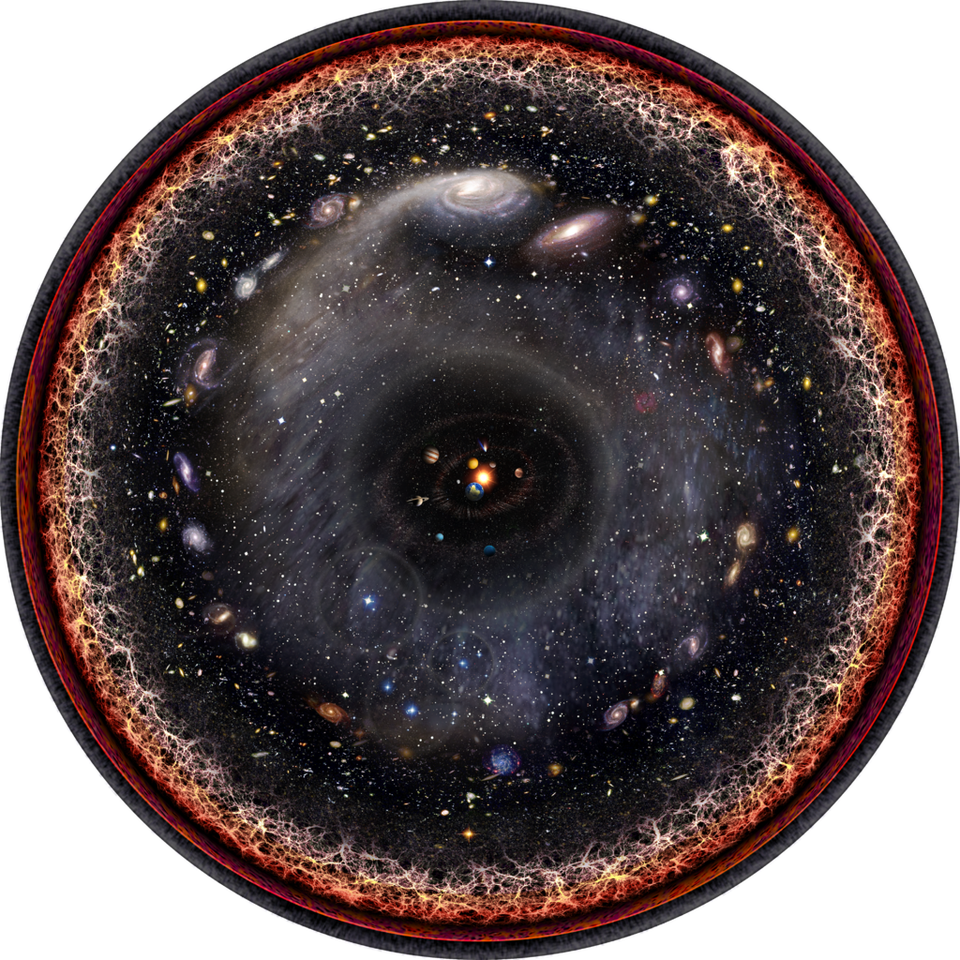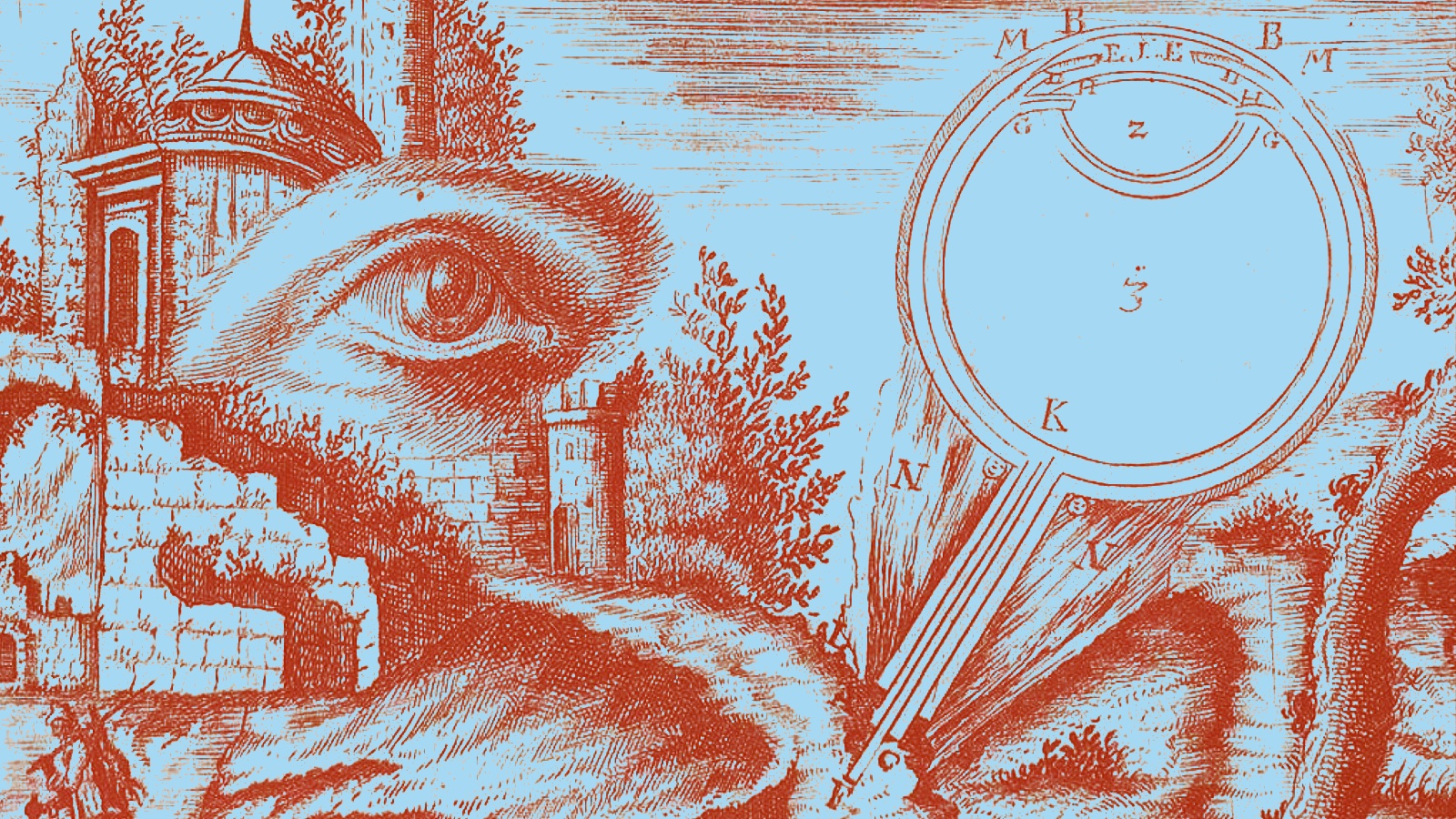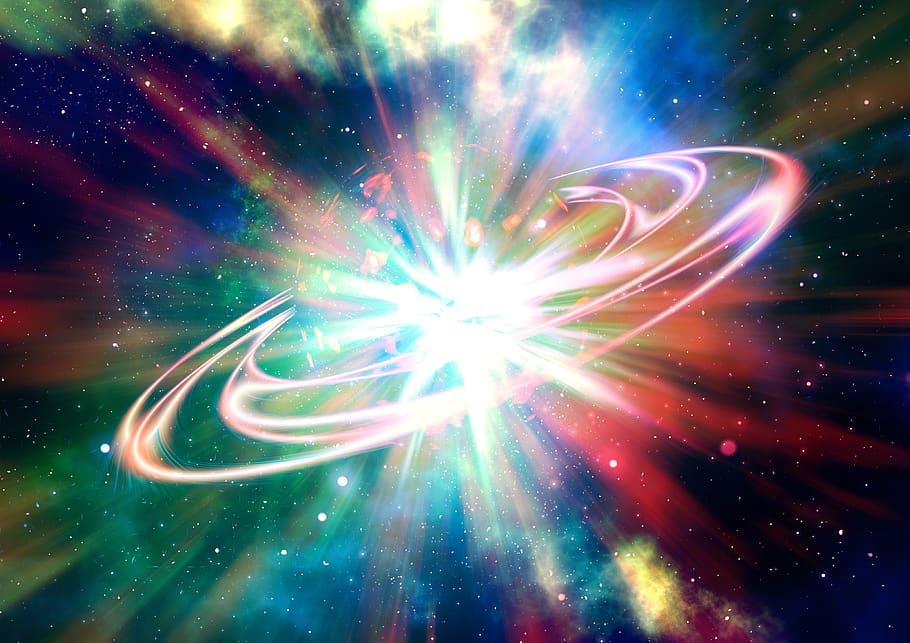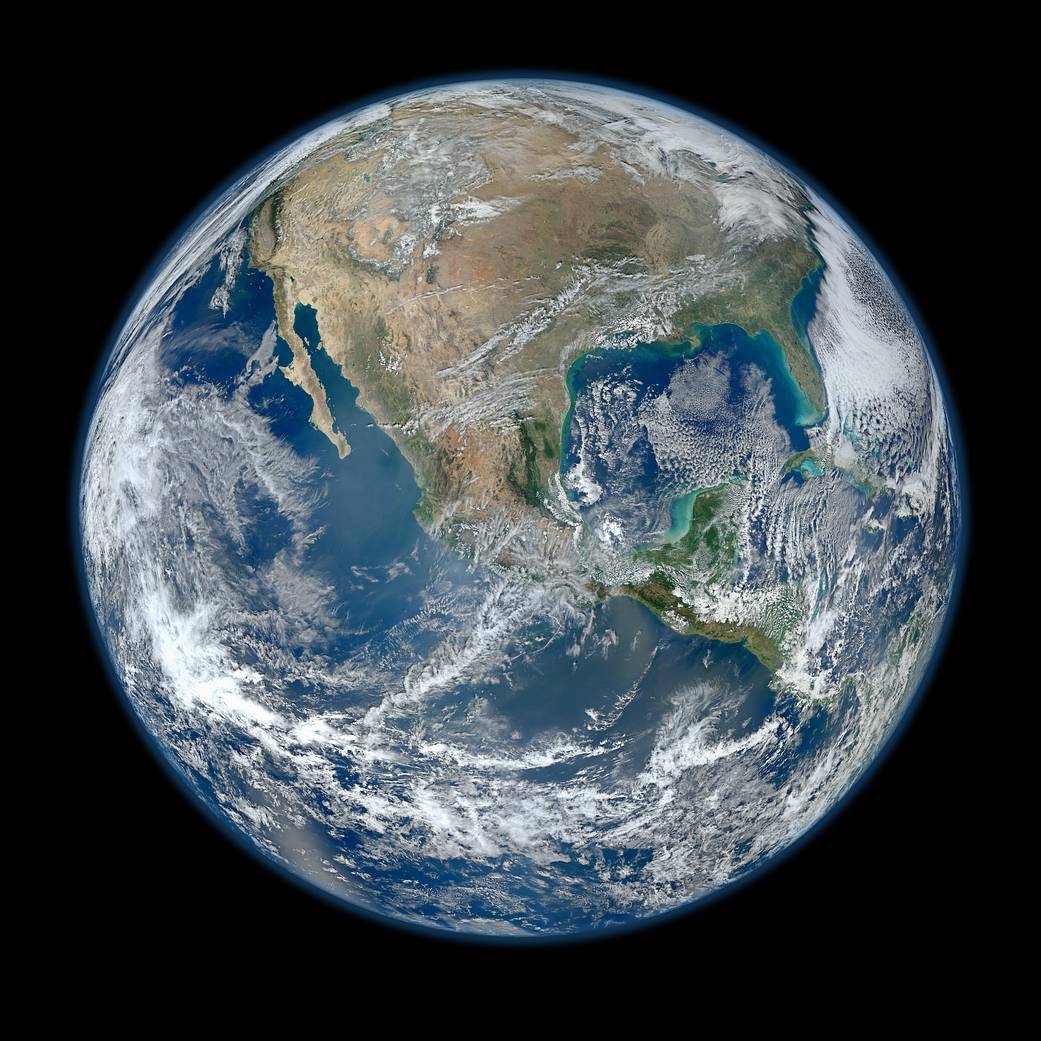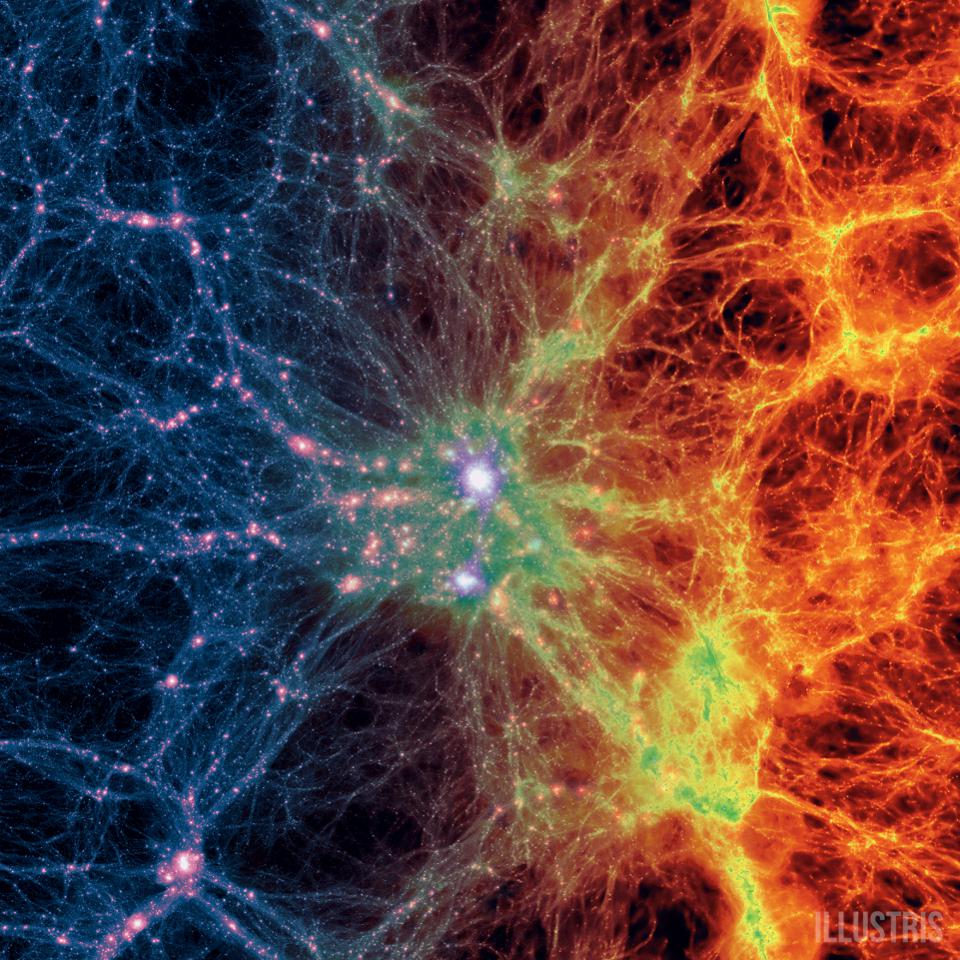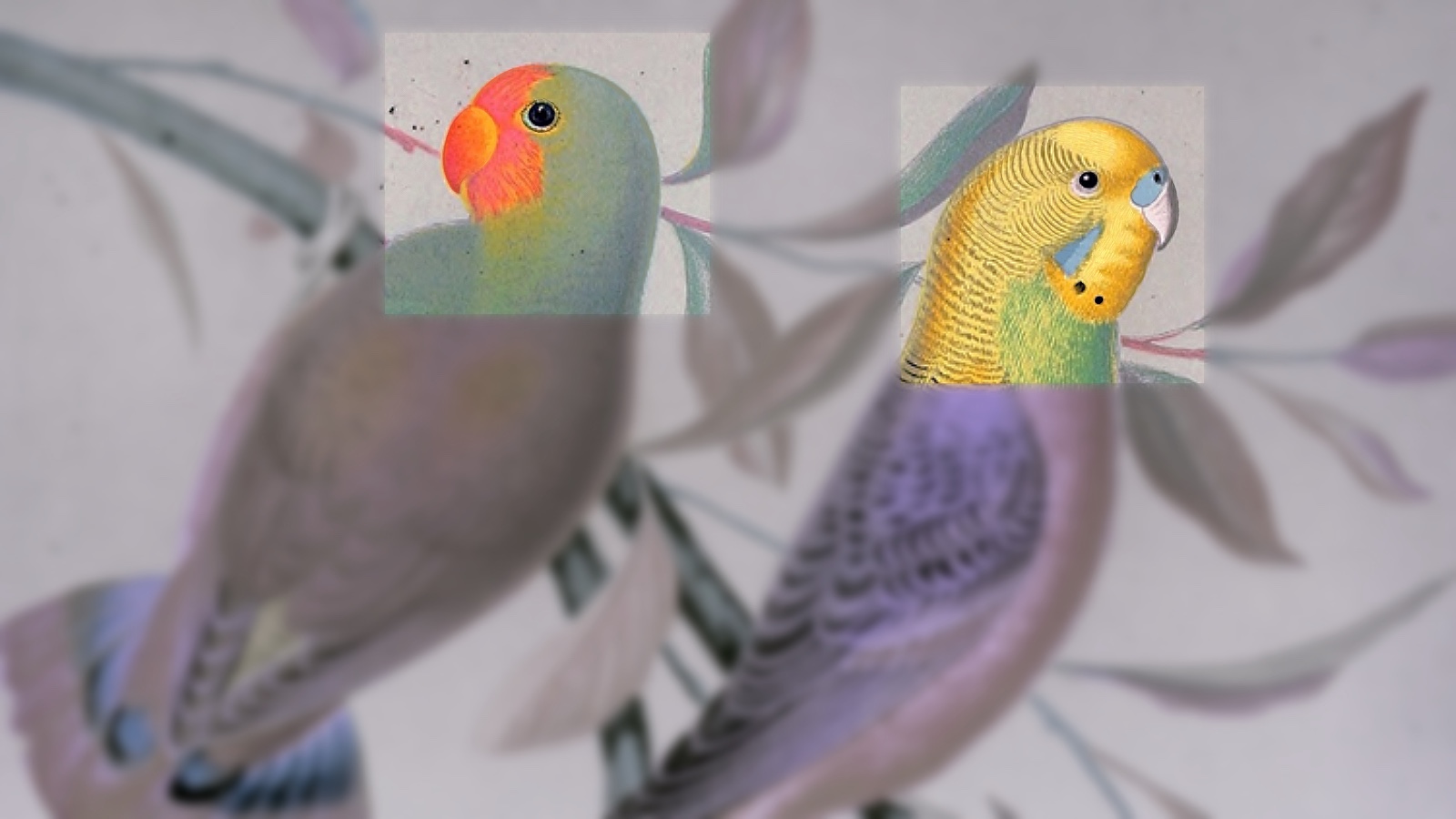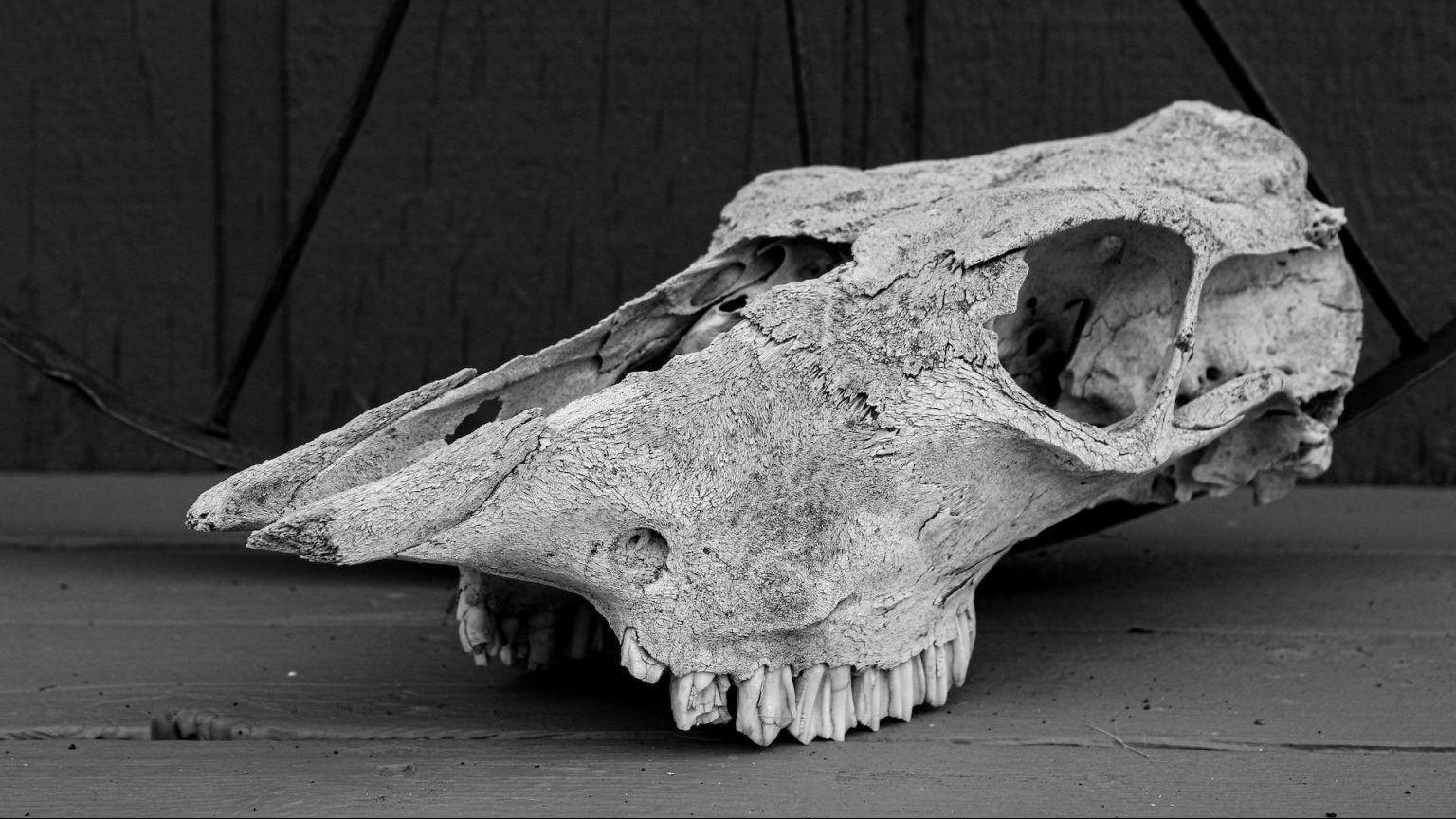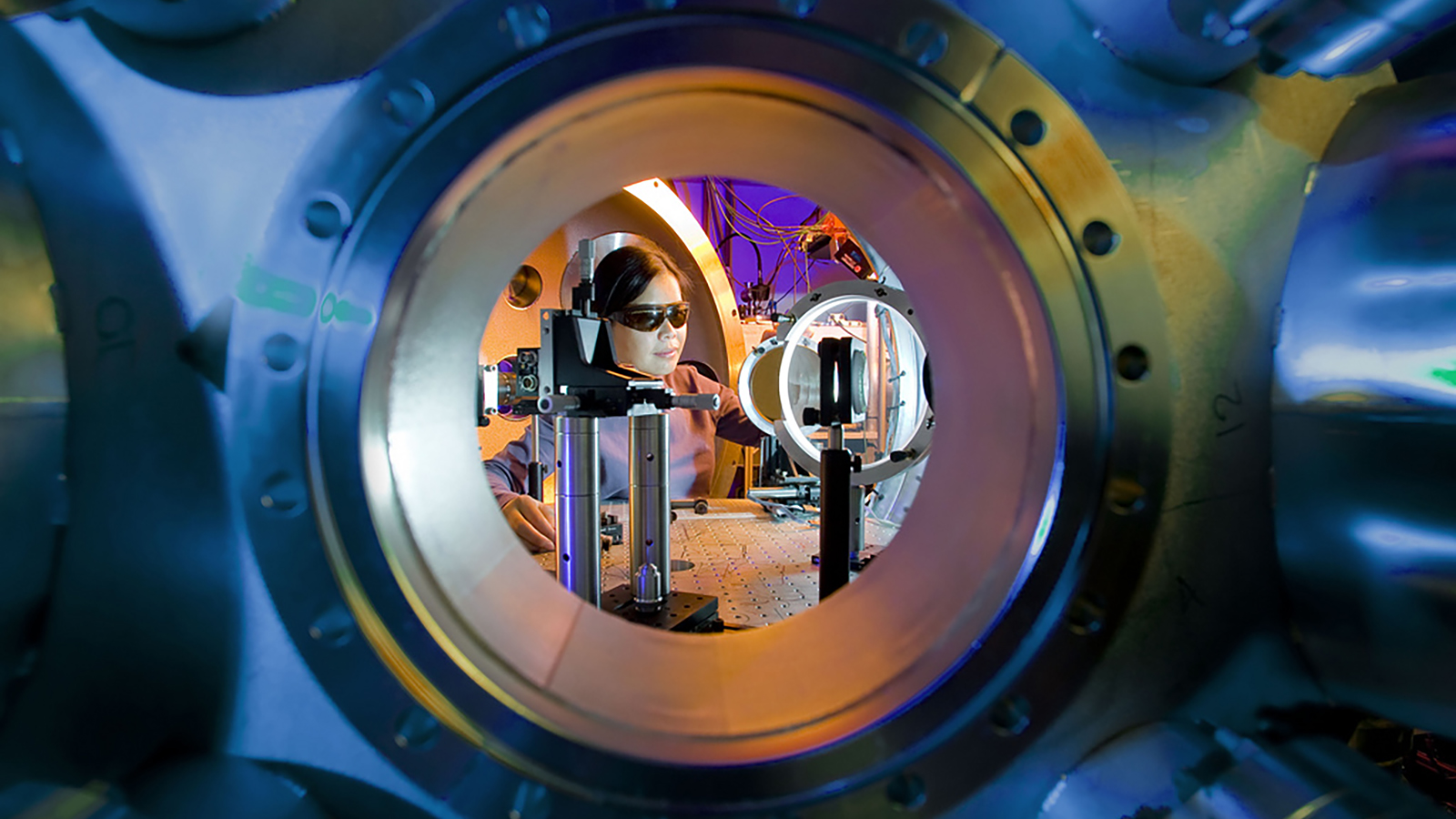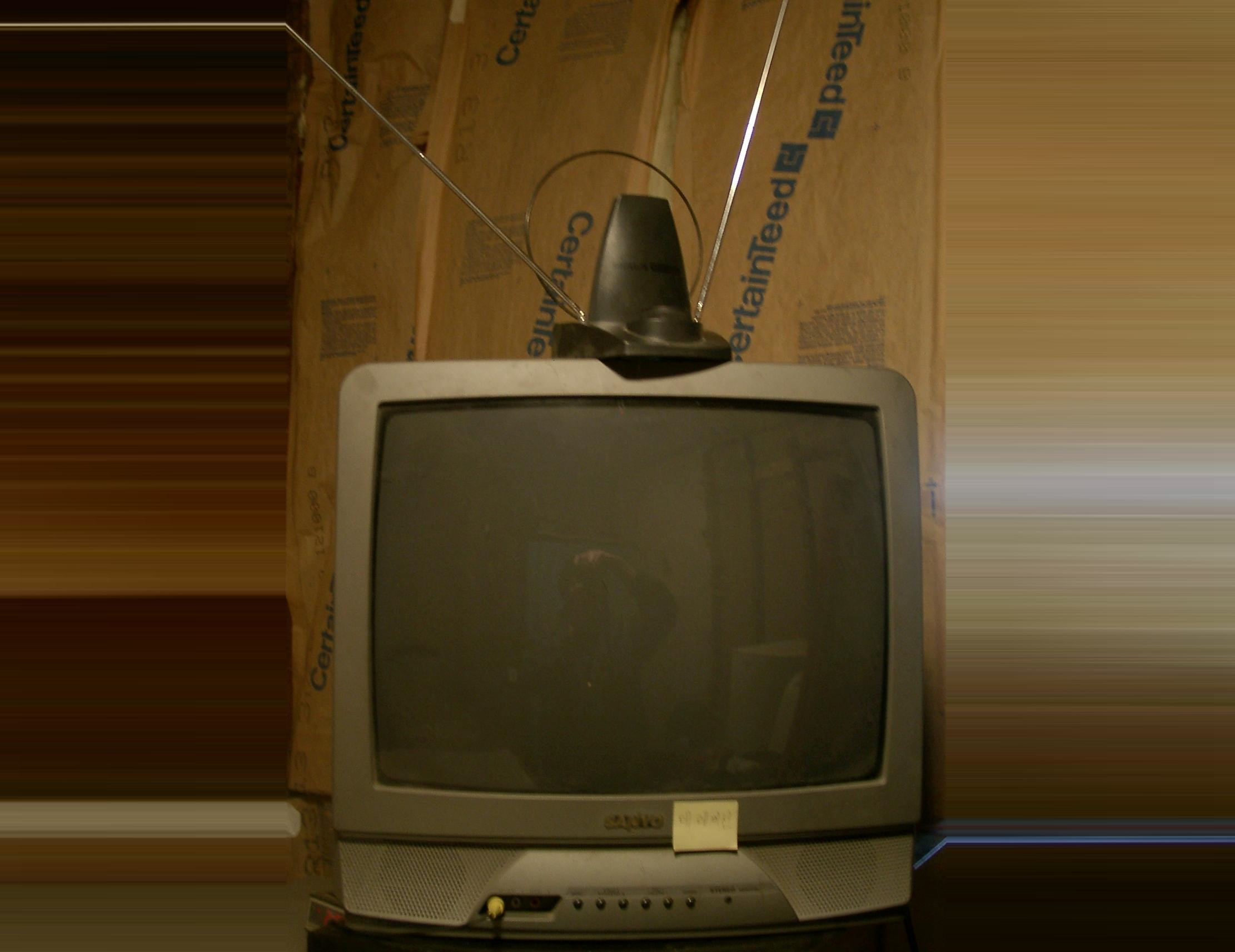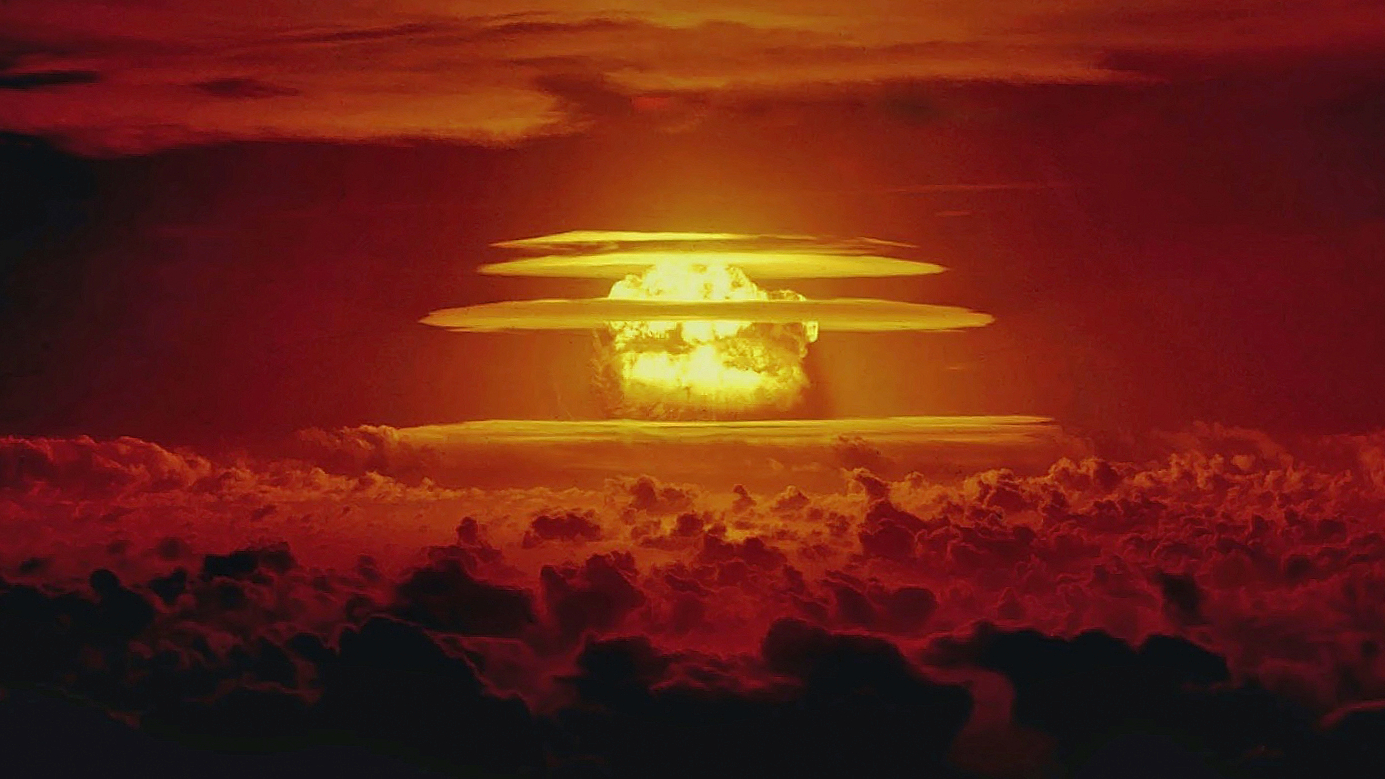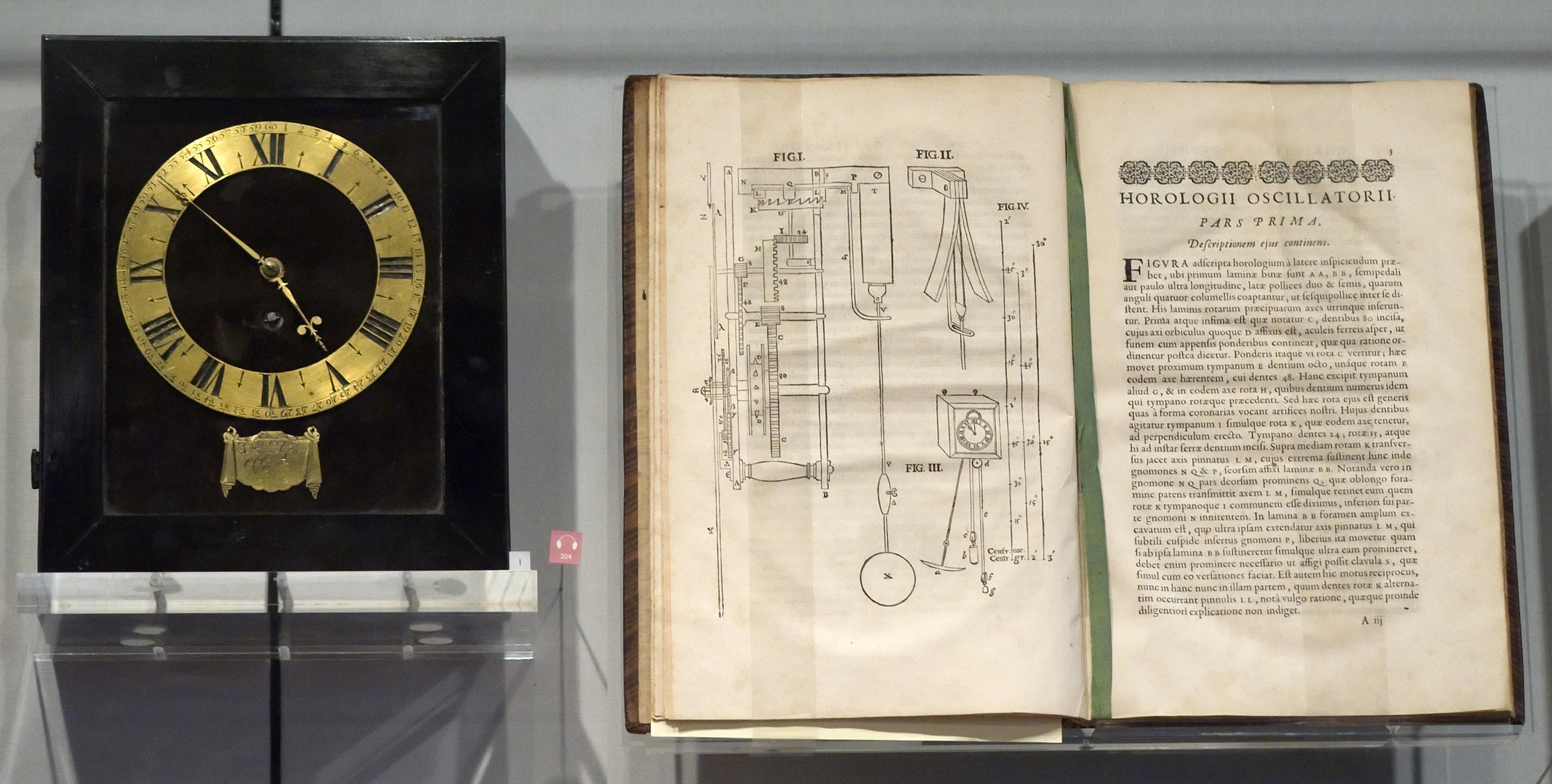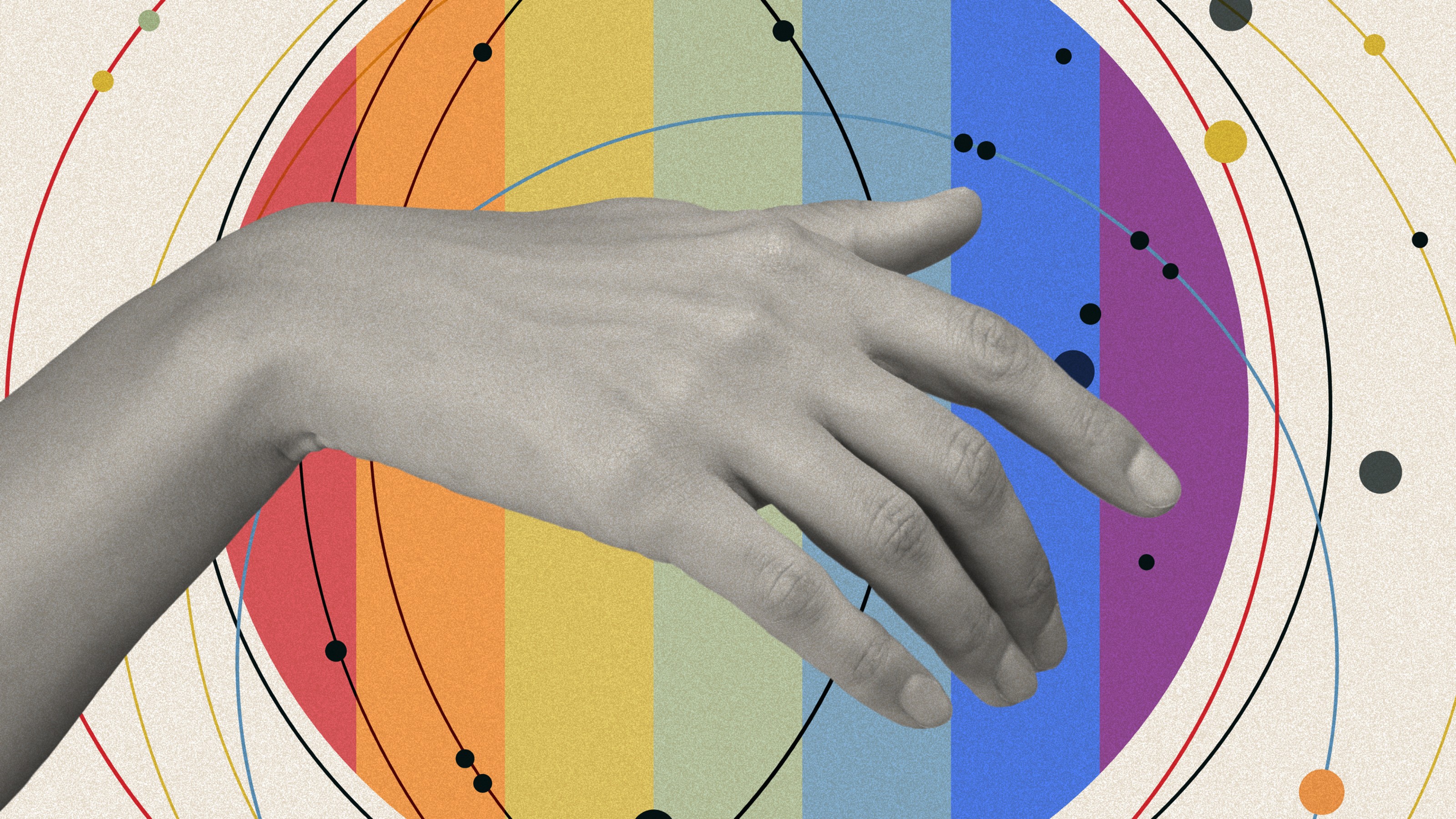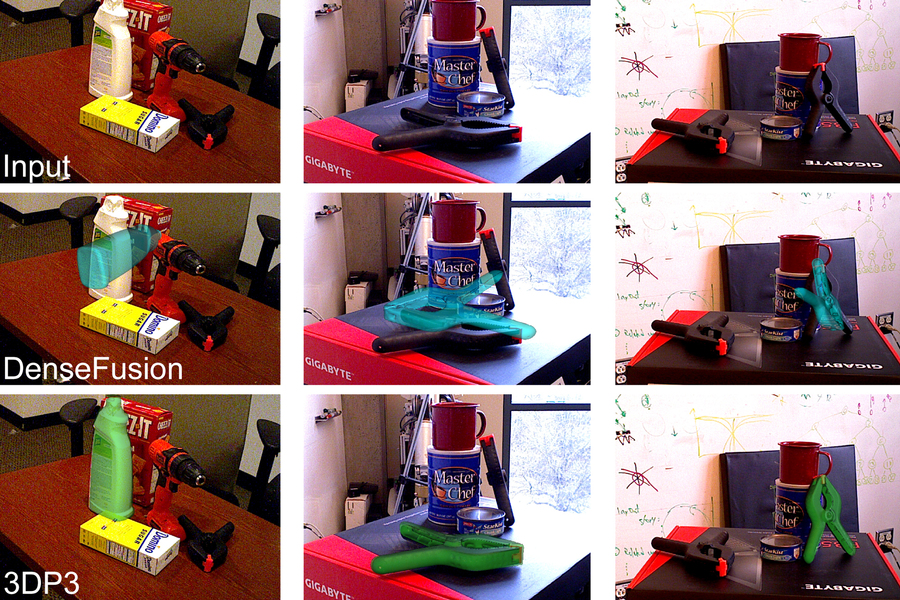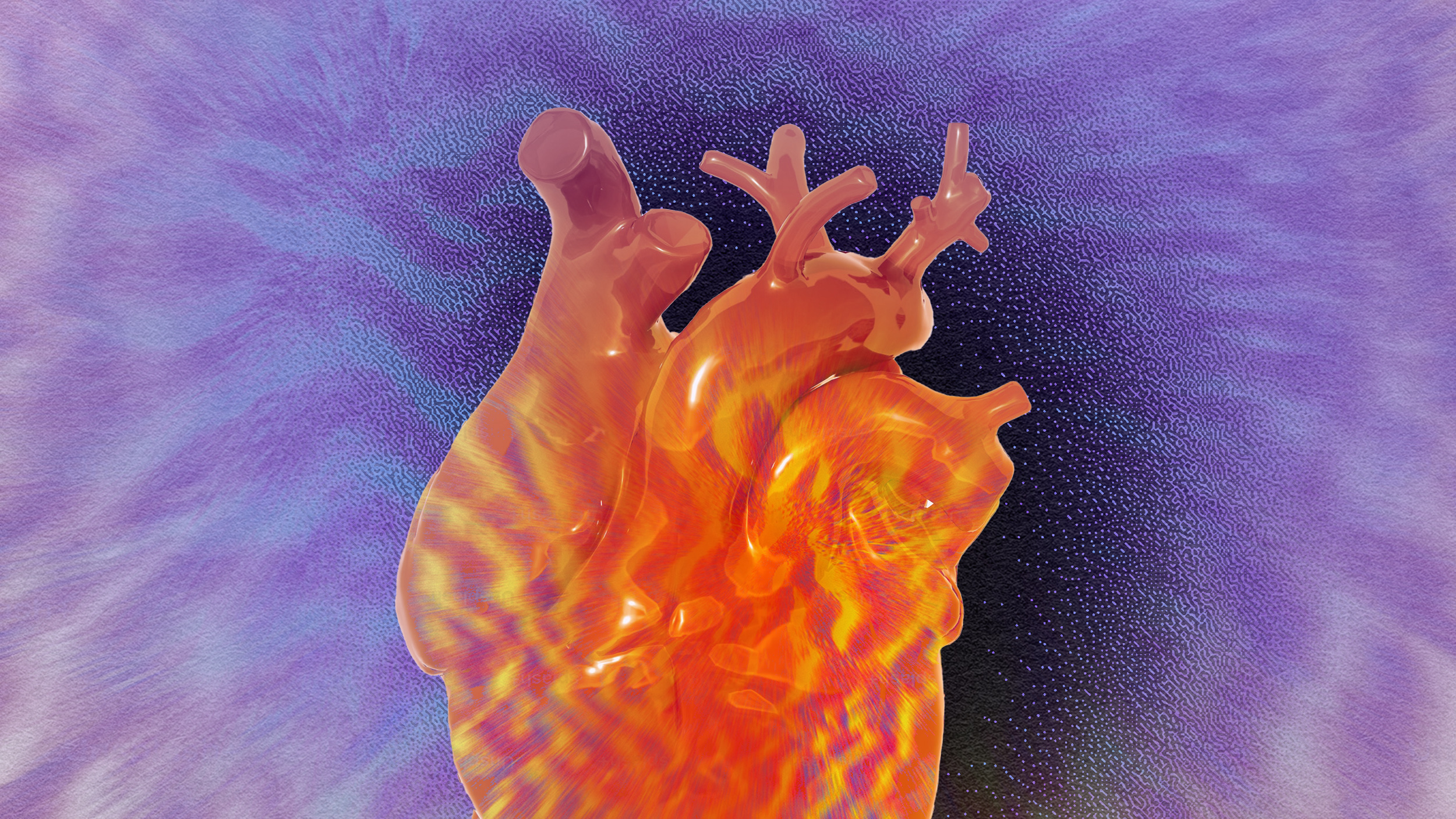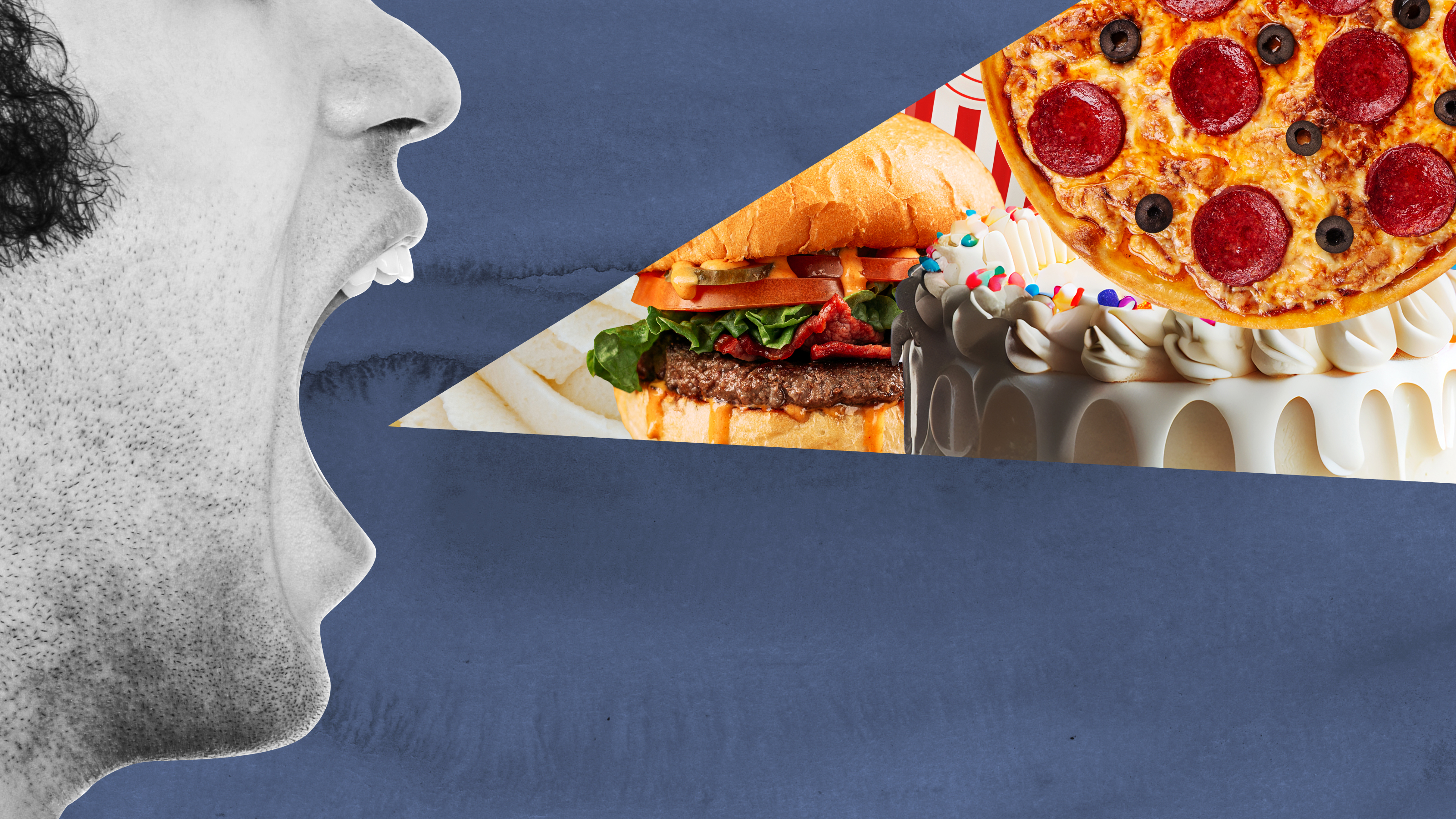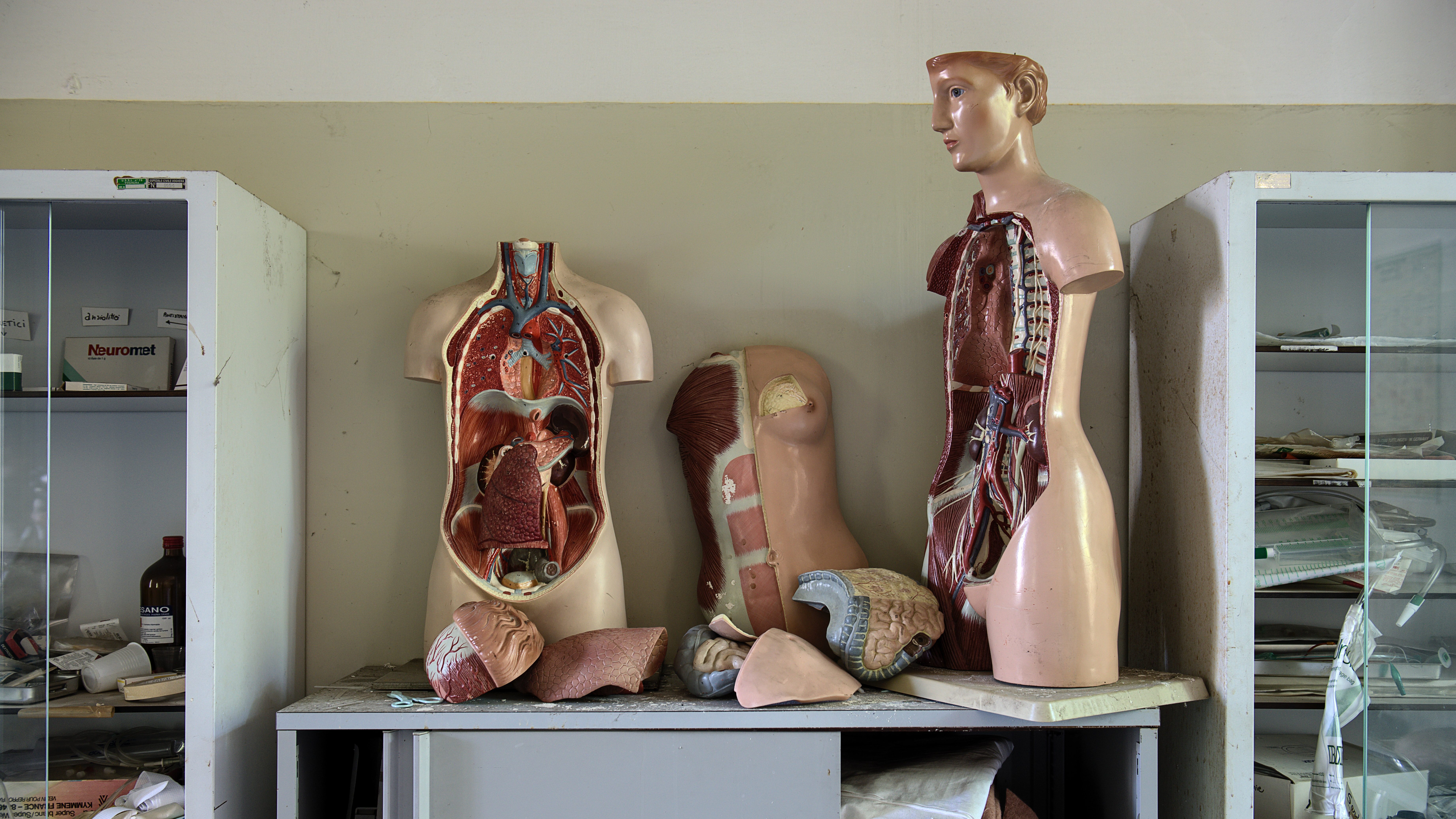Some microbes can withstand Earth’s most inhospitable corners, hinting that life may be able to survive similarly extreme conditions on other worlds.
Search Results
You searched for: S D
In the 20th century, many options abounded as to our cosmic origins. Today, only the Big Bang survives, thanks to this critical evidence.
Philosophers Massimo Pigliucci and Greg Lopez discuss how Stoicism can help us gain perspective on our emotions and act with intention in the world.
Uncover the high cost of raising a family and discover strategies to make it more manageable and rewarding.
Black holes aren’t just the densest masses in the Universe, but they also spin the fastest of all massive objects. Here’s why it must be so.
Godfrey Hounsfield’s early life did not suggest that he would accomplish much at all.
If you think of the Big Bang as an explosion, we can trace it back to a single point-of-origin. But what if it happened everywhere at once?
Mary Toft staged an elaborate hoax, but the pain was real.
In order to figure out how English might evolve in the future, we have to look at how it has changed in the near and distant past.
A group of prominent scientists shares how research has changed them.
You’ve spent almost a decade gaining extremely specialized skills. But that’s ok; your value is greater than you realize.
Science is for everyone, even those possessing strongly held beliefs that seem to conflict with the best available evidence.
The old linear job model is obsolete. Our post-pandemic work lives are defined by options and flexibility.
The Universe gravitates so that normal matter and General Relativity alone can’t explain it. Here’s why dark matter beats modified gravity.
Humans are good visual thinkers, too, but we tend to privilege verbal thinking.
Amplifying the energy within a laser, over and over, won’t get you an infinite amount of energy. There’s a fundamental limit due to physics.
Researchers discovered something modern humans had never before seen—a flashy Neanderthal horn collection.
The researchers rebuked writers, scholars, and public figures for lazily perpetuating the notion of widespread gender bias in academic science.
If you have an old TV set with the “rabbit ear” antennae, and you set it to channel 03, that snowy static can reveal the Big Bang itself.
These composers channeled the horror of the Holocaust and Hiroshima while honoring those who lived through it.
A clock, designed and built in Europe, ran hopelessly at the wrong rate when brought to America. The physics of gravity explains why.
Research has found that words are more accurately heard when accompanied by hand gestures.
A new “common-sense” approach to computer vision enables artificial intelligence that interprets scenes more accurately than other systems do.
The vaccine provided protection for mouse and ferret models.
The heart’s rhythms may play a larger role in shaping psychedelic experiences than previously thought.
From landscaped gardens to road systems, the Persians were among the first to create many things we still enjoy today.
“Like real dreams, it does not explain, does not complete its sequences,” film critic Roger Ebert once wrote about “Mulholland Drive.”
Better cognitive control over our decisions can stave off disappointment in our actions.
Our bodies crave more food if we haven’t had enough protein, and this can lead to a vicious cycle.
An evolutionary biologist explains why you probably won’t grow a tail.
